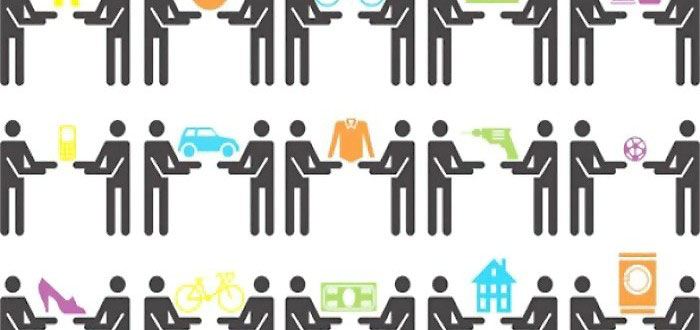“In the new wave of ‘SHARING ECONOMY’, how much liberty you can take if you have a new business model that may not come under existing LABOR LAWS? Can a start-up play with fundamental HR principals?” We recently discovered an important HR LESSON that can be found in the lawsuits against Uber and Lyft. [Tweet “Can a start-up play with fundamental HR principals?”]
Early this year, drivers of Uber and Lyft sued their companies in California Federal Courts. They demanded “employee” status from the said companies. However, these companies were stating that these drivers are just independent contractors and hence applicable Labor Laws do not apply on them. The court used multi-part common law test and RULED IN FAVOR OF DRIVERS. These cases have become LANDMARK LAWSUITS and a big HR lesson for #SharingEconomy (especially start-ups), who intentionally or unintentionally ignored existing labor laws.
| Points in Favor of Uber, Lyft | Points Against Uber, Lyft |
| Drivers are free to decide when and how often they want to work. | Once a driver accepts an assignment, these companies instruct them how to accomplish the job. |
| The companies state that they offer mere suggestions with no ramifications. | But, the court observes that companies had reserved the right to penalize or terminate drivers who did not comply with the company guideline. |
This isn’t it
On similar grounds, courts ruled against many other companies such as HandyBook, Postmates, Instacart and Try Caviar. All these companies were found guilty of misclassifying workers as ‘independent contractors’. Through lawsuits, so-called contractors had demanded unemployment insurance, backpay for overtime, unpaid meal breaks, workers compensation and business expenses. In a majority of such cases, courts ruled in favor of the workers. Therefore, it is advisable to have an ‘HR department’ and follow fundamental HR guidelines.
Role of HR in ‘Sharing Economy’
Experts observe that HR departments in these new business models may have a limited scope, because most of the work is automated. Hopefully, after the court rulings, these companies will more seriously study or hire HR Professionals to understand the difference between 1099 workers and employees. In addition, it is pertinent to mention here that the U.S. tax law mandates every company to submit a 1099 IRS Tax Form for every contractor who is paid more than USD 600 during a year. Such statuary mandate makes it inevitable for companies to hire a consultant familiar with HR and labor laws.
Will it Make Traditional HR Solutions Obsolete?
Sharing economy is a revolutionary idea and it is here to stay. It has redefined the whole idea of workforce and labor laws. If the ‘fundamental idea of business’ is evolving, the HR solutions also have to adapt to these ideas. Experienced HR professionals observe that ‘sharing economy’ is indeed a new business idea but at its core, there is no big change in its HR workflows. Therefore, the fundamentals of HR guidelines will remain same.
Author’s Take
Businesses are a part of the society and while new models will continue to evolve, the basic principles and guidelines will continue to apply. In the context of the court rulings, HR which may have felt left-out in the ‘Sharing Economy’, will find a new voice and be expected to help their managements to implement HR best practices and labor laws.
Note – #SharingEconomy is a new business idea where companies offer P2P exchange of services and products through information technology. It includes ecommerce websites, app-based cab service providers, freelancer finding websites, etc.




Thank you for sharing your thoughts. I truly appreciate your efforts and I will be waiting
for your further write ups thanks once again.
I like this post, enjoyed this one regards for
putting up.